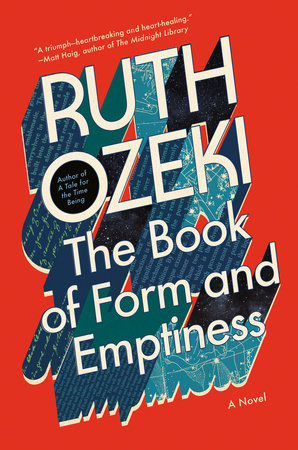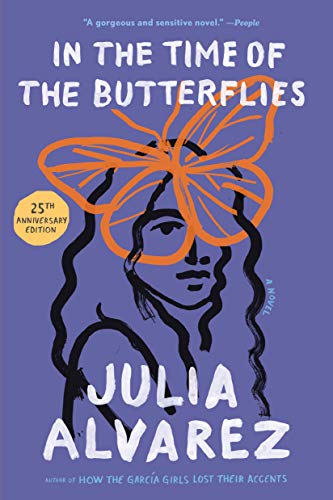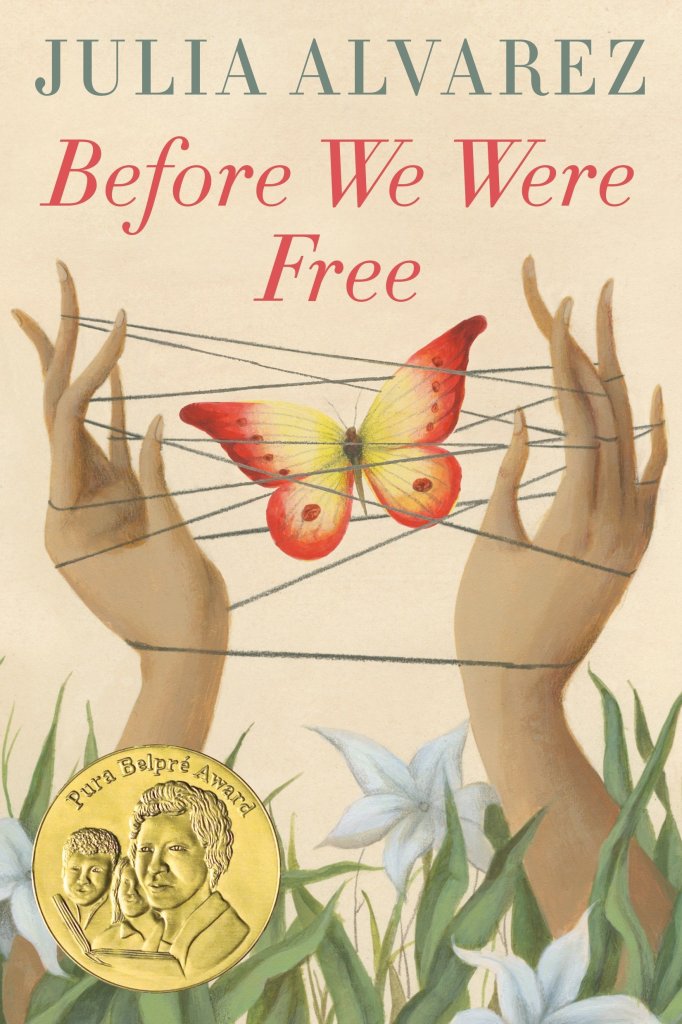Last year was a great year of reading short stories for me, and below are ten best short stories I read in 2023. I have to confess that I never used to read short stories, preferring lengthy novels and huge tomes of “substance” over short stories, but all this changed a couple of years ago when I discovered some great gems in this genre and my enthusiasm for short fiction has since only deepened. In 2023, I was particularly impressed by stories of James Baldwin, Anton Chekhov and Edith Wharton.

I. Sonny’s Blues [1957] by James Baldwin – ★★★★★
Baldwin’s Go Tell It On The Mountain was one of the last year’s novel highlights for me, but I also found this story by the author equally compelling. It tells of two brothers: our unnamed narrator, a conservative teacher, and his younger brother – free-spirited musician Sonny. The setting is the 1950s Harlem, and the unnamed narrator has just discovered that Sonny was arrested on drug charges. It is incredible how much power, emotion and thought Baldwin could compress into one single short story. Sonny’s Blues is about taking a nostalgic look at one’s life choices, dealing with loss, regret and the inescapability of one’s home environment, and copying with life dreams slipping away daily. It is also about the healing, transcendental power of music. Sonny’s Blues is not only the best short story I read in 2023, but one of the best I have ever read.

II. The House with the Mezzanine [1896] by Anton Chekhov – ★★★★★
This evocative, immersive story tells of a travelling landscape painter who, while staying at a friend’s house, gets acquainted with two sisters living in a neighbouring estate (the house with the mezzanine). One sister, strict and practical Lydia, works as a teacher and is engaged in her community’s political affairs, while the younger one, Zhenya, spends her time reading and day-dreaming. Our artist’s disagreement with Lydia’s world-view has long-term consequences when he realises that he has fallen in love with Zhenya. There are many themes that can be glimpsed in Chekhov’s delicate story, and one of them is spiritual, lofty ambitions, views and dreams clashing with daily realities and practicalities.
Continue reading “10 Best Short Stories I Read in 2023”










 “He was not sure that he wanted to see the Countess Olenska again; but ever since he had looked at her from the path above the bay he had wanted, irrationally and indescribably, to see the place she was living in, and to follow the movements of her imagined figure…The longing was with him day and night, an incessant undefinable craving, like the sudden whim of a sick man for food and drink once tasted and long since forgotten. He could not see beyond the craving, or picture what it might lead to…He simply felt that if he could carry away the vision of the spot of earth she walked on…the rest of the world might seem less empty” [Edith Wharton, 1920: 191].
“He was not sure that he wanted to see the Countess Olenska again; but ever since he had looked at her from the path above the bay he had wanted, irrationally and indescribably, to see the place she was living in, and to follow the movements of her imagined figure…The longing was with him day and night, an incessant undefinable craving, like the sudden whim of a sick man for food and drink once tasted and long since forgotten. He could not see beyond the craving, or picture what it might lead to…He simply felt that if he could carry away the vision of the spot of earth she walked on…the rest of the world might seem less empty” [Edith Wharton, 1920: 191].